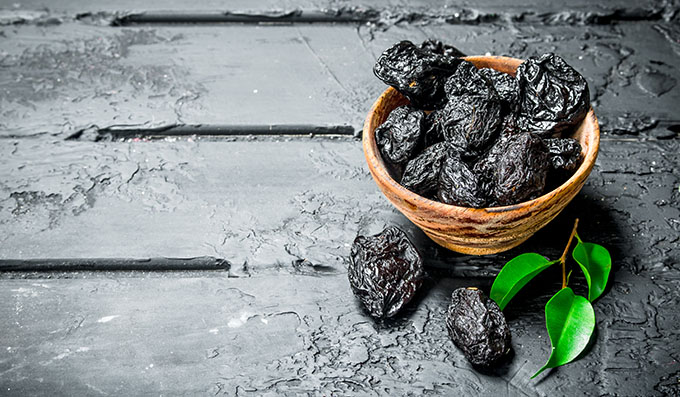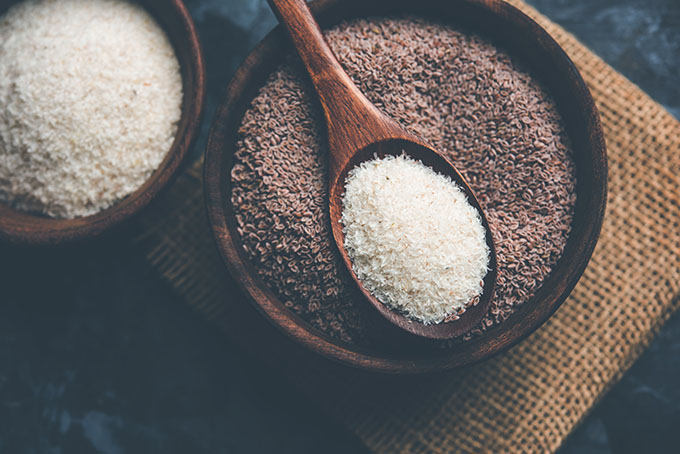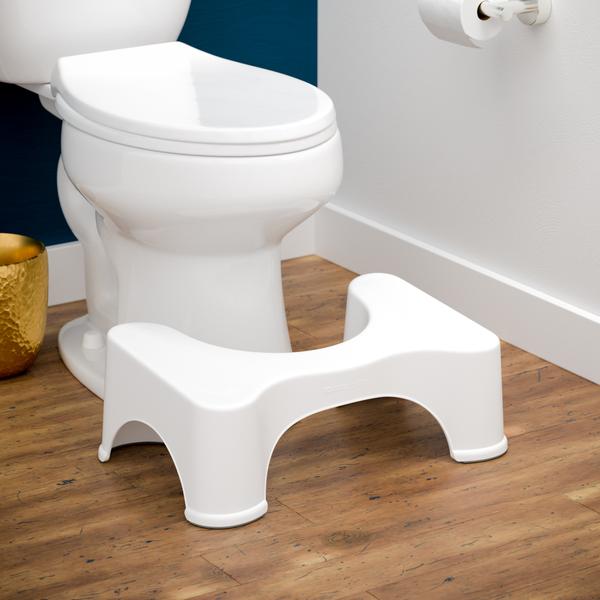Constipation and Recommendations
Possible factors contributing to constipation and general recommendations:
Poor diet: Diets high in processed foods, sugar, refined carbohydrates, alcohol, unhealthy fats, synthetic additives and preservatives can make it harder to produce normal bowel movements
Stress: High amounts of stress alters hormone and neurotransmitter production, which has a direct influence on muscle tension, inflammation, enzyme production and overall digestive functioning.
Inactivity: Exercise helps to increase blood flow, strengthens muscles within the digestive tract and helps control stress.
Certain medications: Some medications can cause frequent constipation including: antidepressants, antacids, calcium or iron supplements, anticholinergics, anticonvulsants, narcotics and diuretics.
Imbalance in intestinal flora: Healthy bacteria living in the gastrointestinal (GI) tract, called probiotics, help to regulate bowel function. One of the reasons fiber is so important for gut health is because “prebiotic” fiber from plant foods helps probiotic bacteria to thrive.
Thyroid or hormonal problems: Menopause, PMS, eating disorders, diabetes and thyroid disorders like hypothyroidism can all contribute to constipation. Other diseases that might contribute to constipation include Parkinson’s disease, spinal injuries or neurological issues that affect nerves in the GI tract.
Magnesium: Magnesium is an electrolyte that helps with 300 chemical reactions in the body. Some individuals are deficient due to lack of Mg in the soil and our diet
Bad bathroom habits: Not taking time in the bathroom and sitting in an uncomfortable position on the toilet can contribute to bowel movements that don’t feel complete. Also, using a squatty potty
Other: Jet lag, poor sleep and traveling – Change of routine

Nutrition for Constipation Relief:
*All changes are to be implemented gradually and one at a time, to be personalized accordingly, and are not to be taken as medical advice.
High fiber foods : Include high fiber foods like raw fruits and vegetables, beans, nuts, ancient grains and seeds in your daily diet. For some individuals, cooked fruits and vegetables are best to start with until bowels soften. High sources of dietary fiber include: all beans or legumes, sweet potatoes, apples, pears, berries, prunes, avocado, chia and flax seeds, broccoli, cauliflower and cooked greens
Alternate with 1 tbsp or chia seeds, ground flax or psyllium husks powder at morning breakfast or in warm liquids.
Green leafy vegetables: Many green vegetables are a great source of fiber as well as a good source of magnesium that can help improve constipation. They also have a high water content and are nutrient-dense.
Prunes: Prunes are high in fiber and tend to have a laxative effect. Soak 2 to 3 prunes a day in water overnight and drink with water in am. Prunes may help relieve constipation, but in general be careful not to go overboard with dried fruit since it contains a decent amount of sugar given the small size.
Warm liquids : Warm or room temperature liquids (as opposed to very cold drinks), especially when consumed first thing in the morning, tend to stimulate digestion. Try some herbal tea (ginger, chamomile, fennel) in warm water infused with lemon, coffee in moderation or bone broth.
MCT oil: Start with 1 tsp and increase to 1 tbsp for 3 days in a row and revisit after this time period. Needs to be assessed individually as some side effects or lose bowels may occur.
Healthful fats: Consume liberal amounts of healthful fats such as extra virgin olive oil, coconut oil, nuts/seeds, olives and omega-3 fats from cold-water fish.
Water & hydrating liquids: Fiber needs water to pass through the digestive system in order to form stool. Be sure to add fiber to your diet a little at a time so that your body gets used to the change and start slowly if Increase your intake of water at the same time to help with absorption Consuming more fiber without drinking enough can actually make constipation and abdominal pain worse! Drink 8–10-ounce glasses of water gradually throughout the day. Coffee to be consumed in moderation due to its dehydrating factors.

Supplements that May Relieve Constipation:
Psyllium husk powder: High in fiber and helpful for forming stool. When combined with water or warm liquid, psyllium husk swells and produces more bulk, which stimulates the intestines to contract and helps speed the passage of stool through the digestive tract. Start gradually and mix one tablespoon with 8 ounces liquid once daily.
Apple fiber: Apples contain a special type of fiber called pectin. Pectin is an insoluble fiber that helps the stool become bulky, allowing it to pass through the digestive system easier.
Magnesium: Magnesium may improve gut motility. Add this supplement in slowly and cut back if it causes diarrhea. Consume about 200 -milligrams nightly and start with 2x daily.
Probiotics: Maintaining a healthy intestinal tract is critical for avoiding digestive problems. Consider taking a daily probiotic supplement
Mind-Body Practices that Help Prevent Constipation:
Exercise: Physical activity increases muscle activity and motility in the intestines, so try to fit in walking, movement and exercise in your daily weekly routine
Tip: Consider buying a squatty potty… it really works!!

Marsha Fenwick, C.N.P. R.R.T.
Marsha is not your typical nutritionist. She began her career 20 years ago as a Registered Respiratory Therapist. Later, she earned her certifications as a Registered Nutritional Consultant Practitioner, Certified Nutritional Practitioner, and Registered Orthomolecular Health Practitioner. Marsha is also a Certified Cancer Coach. Her clinical practice specializes in: sustainable healthy weight loss, digestive health, women's hormones, diabetes, heart health, and cancer prevention and recovery. For more information and to book a FREE 15 minute consultation go to www.marshafenwicknutrition.com







